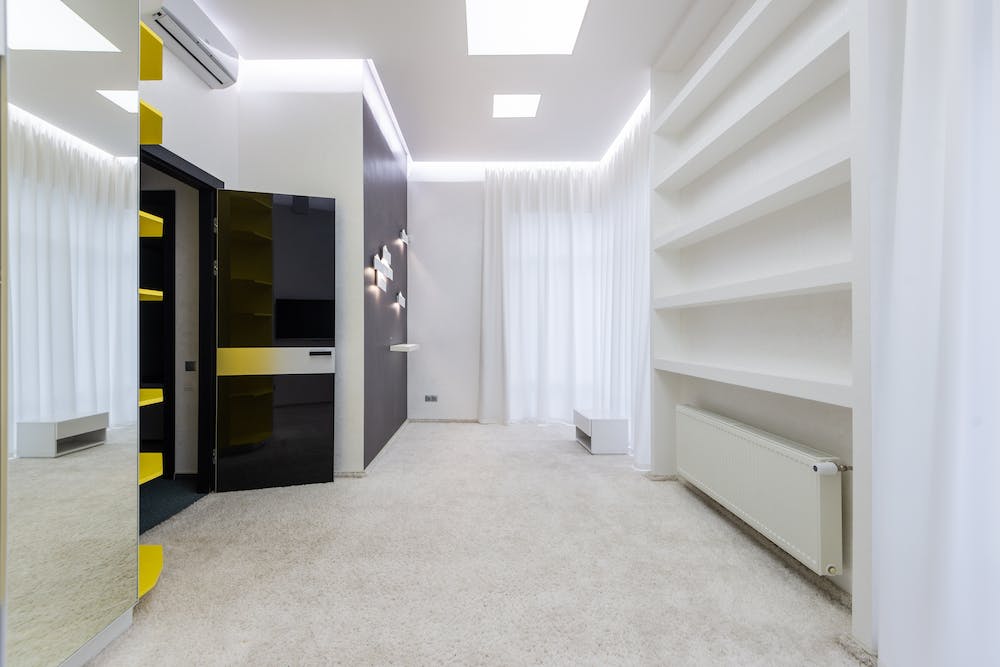5 Tips for Maintaining Your Home‘s Plumbing System
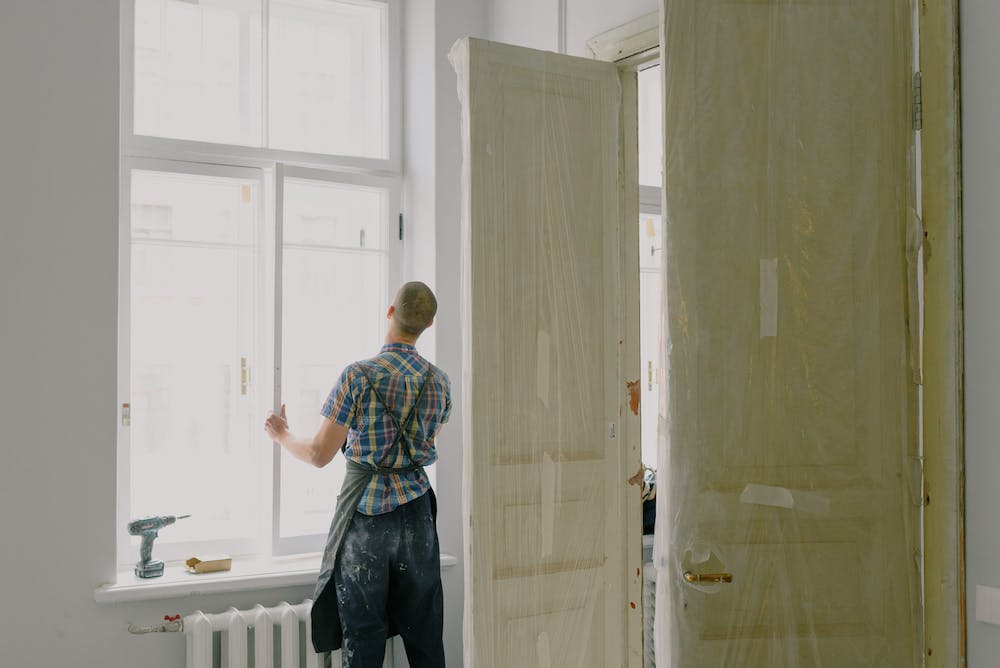 Your home’s plumbing system is essential for your comfort and convenience. It provides you with clean water, drains away waste, and keeps your appliances running smoothly. But if you neglect your plumbing system, you may end up with leaks, clogs, or worse. That’s why it’s important to maintain your plumbing system regularly and prevent problems before they become costly and disruptive. Here are five tips to help you keep your plumbing system in good shape.
Your home’s plumbing system is essential for your comfort and convenience. It provides you with clean water, drains away waste, and keeps your appliances running smoothly. But if you neglect your plumbing system, you may end up with leaks, clogs, or worse. That’s why it’s important to maintain your plumbing system regularly and prevent problems before they become costly and disruptive. Here are five tips to help you keep your plumbing system in good shape.
 1. Check for leaks regularly. Leaks can waste water, increase your utility bills, and cause damage to your walls, floors, and ceilings. To detect leaks, look for signs of water stains, mold, or mildew around your pipes, faucets, toilets, showers, and sinks. You can also use a water meter to check for leaks by turning off all the water sources in your home and seeing if the meter still moves. If you find any leaks, fix them as soon as possible or call a professional plumber for help.
1. Check for leaks regularly. Leaks can waste water, increase your utility bills, and cause damage to your walls, floors, and ceilings. To detect leaks, look for signs of water stains, mold, or mildew around your pipes, faucets, toilets, showers, and sinks. You can also use a water meter to check for leaks by turning off all the water sources in your home and seeing if the meter still moves. If you find any leaks, fix them as soon as possible or call a professional plumber for help.
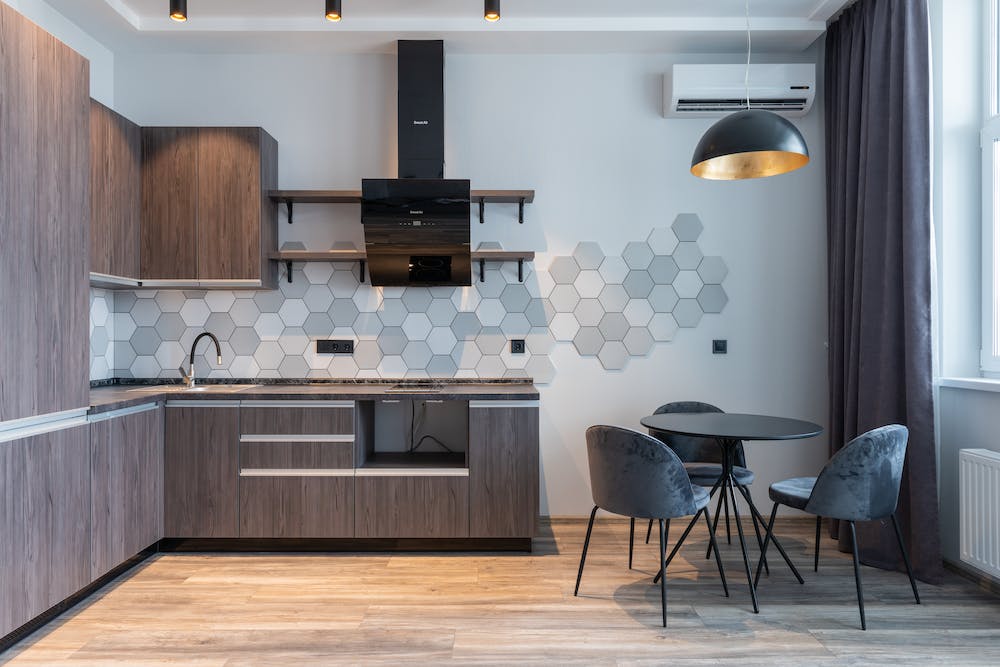 2. Clean your drains often. Clogged drains can cause backups, overflows, and bad odors in your home. They can also damage your pipes and create breeding grounds for bacteria and insects. To prevent clogs, avoid putting grease, oil, food scraps, hair, or other items down your drains. You can also use a drain snake or a plunger to clear minor clogs yourself. For stubborn clogs, you may need to use a chemical drain cleaner or call a professional plumber for assistance.
2. Clean your drains often. Clogged drains can cause backups, overflows, and bad odors in your home. They can also damage your pipes and create breeding grounds for bacteria and insects. To prevent clogs, avoid putting grease, oil, food scraps, hair, or other items down your drains. You can also use a drain snake or a plunger to clear minor clogs yourself. For stubborn clogs, you may need to use a chemical drain cleaner or call a professional plumber for assistance.
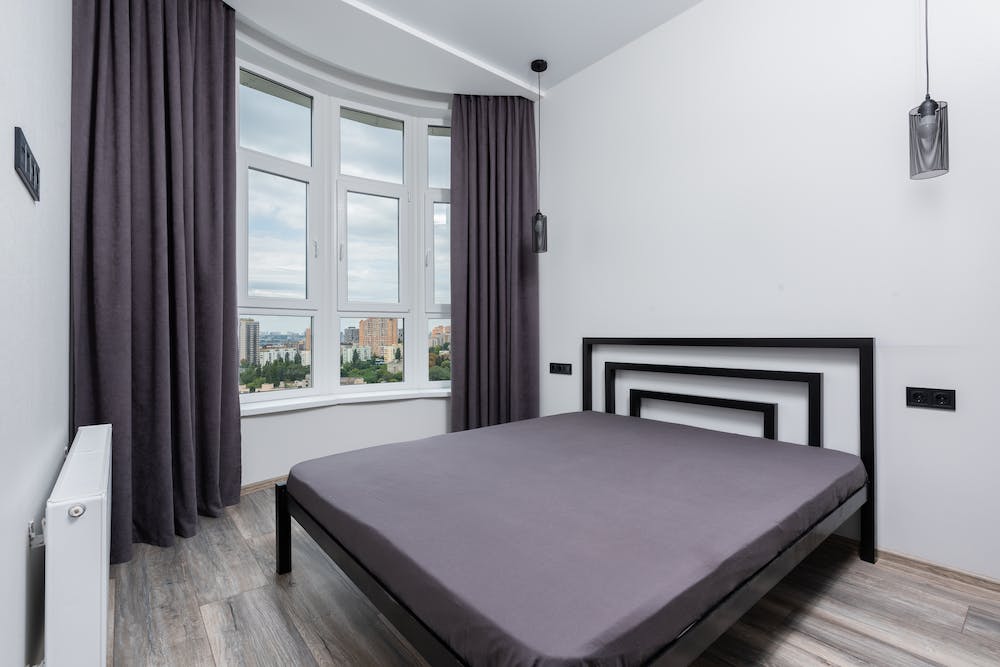 3. Replace old or damaged fixtures. Your faucets, showerheads, toilets, and other fixtures can wear out over time and affect the performance and efficiency of your plumbing system. They can also leak water and cause rust and corrosion in your pipes. To extend the life of your fixtures and save water and energy, replace them with newer models that have low-flow or water-saving features. You can also install aerators on your faucets and showerheads to reduce water consumption and improve water pressure.
3. Replace old or damaged fixtures. Your faucets, showerheads, toilets, and other fixtures can wear out over time and affect the performance and efficiency of your plumbing system. They can also leak water and cause rust and corrosion in your pipes. To extend the life of your fixtures and save water and energy, replace them with newer models that have low-flow or water-saving features. You can also install aerators on your faucets and showerheads to reduce water consumption and improve water pressure.
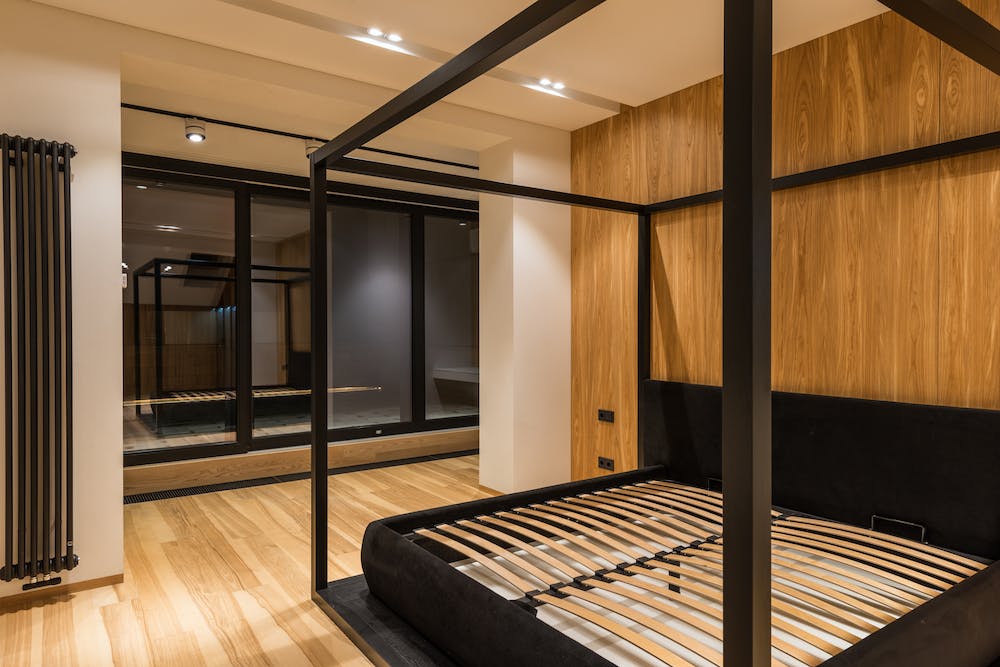 4. Insulate your pipes. Your pipes can freeze and burst in cold weather, causing flooding and damage to your home and belongings. To prevent this from happening, insulate your pipes with foam or fiberglass sleeves that fit snugly around them. You can also wrap them with heat tape or cables that provide electric heat when plugged in. Pay special attention to pipes that are exposed to the outside air or located in unheated areas of your home, such as the basement, attic, garage, or crawl space.
4. Insulate your pipes. Your pipes can freeze and burst in cold weather, causing flooding and damage to your home and belongings. To prevent this from happening, insulate your pipes with foam or fiberglass sleeves that fit snugly around them. You can also wrap them with heat tape or cables that provide electric heat when plugged in. Pay special attention to pipes that are exposed to the outside air or located in unheated areas of your home, such as the basement, attic, garage, or crawl space.
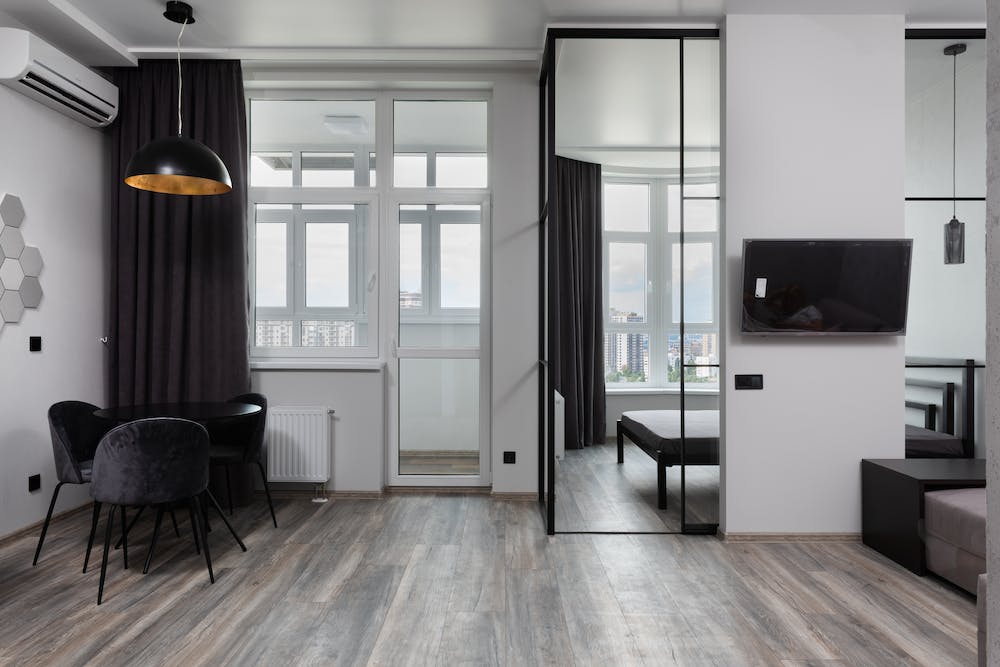 5. Schedule regular inspections and maintenance. The best way to keep your plumbing system in optimal condition is to have it inspected and maintained by a licensed plumber at least once a year. A plumber can check for leaks, clogs, corrosion, sediment buildup, and other issues that may affect your plumbing system’s function and safety. They can also clean your drains, flush your water heater, replace worn-out parts, and make any necessary repairs or adjustments.
5. Schedule regular inspections and maintenance. The best way to keep your plumbing system in optimal condition is to have it inspected and maintained by a licensed plumber at least once a year. A plumber can check for leaks, clogs, corrosion, sediment buildup, and other issues that may affect your plumbing system’s function and safety. They can also clean your drains, flush your water heater, replace worn-out parts, and make any necessary repairs or adjustments.
